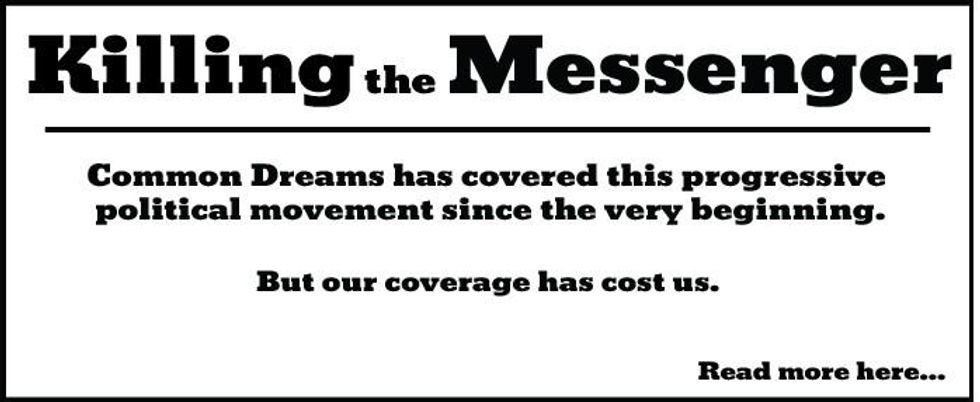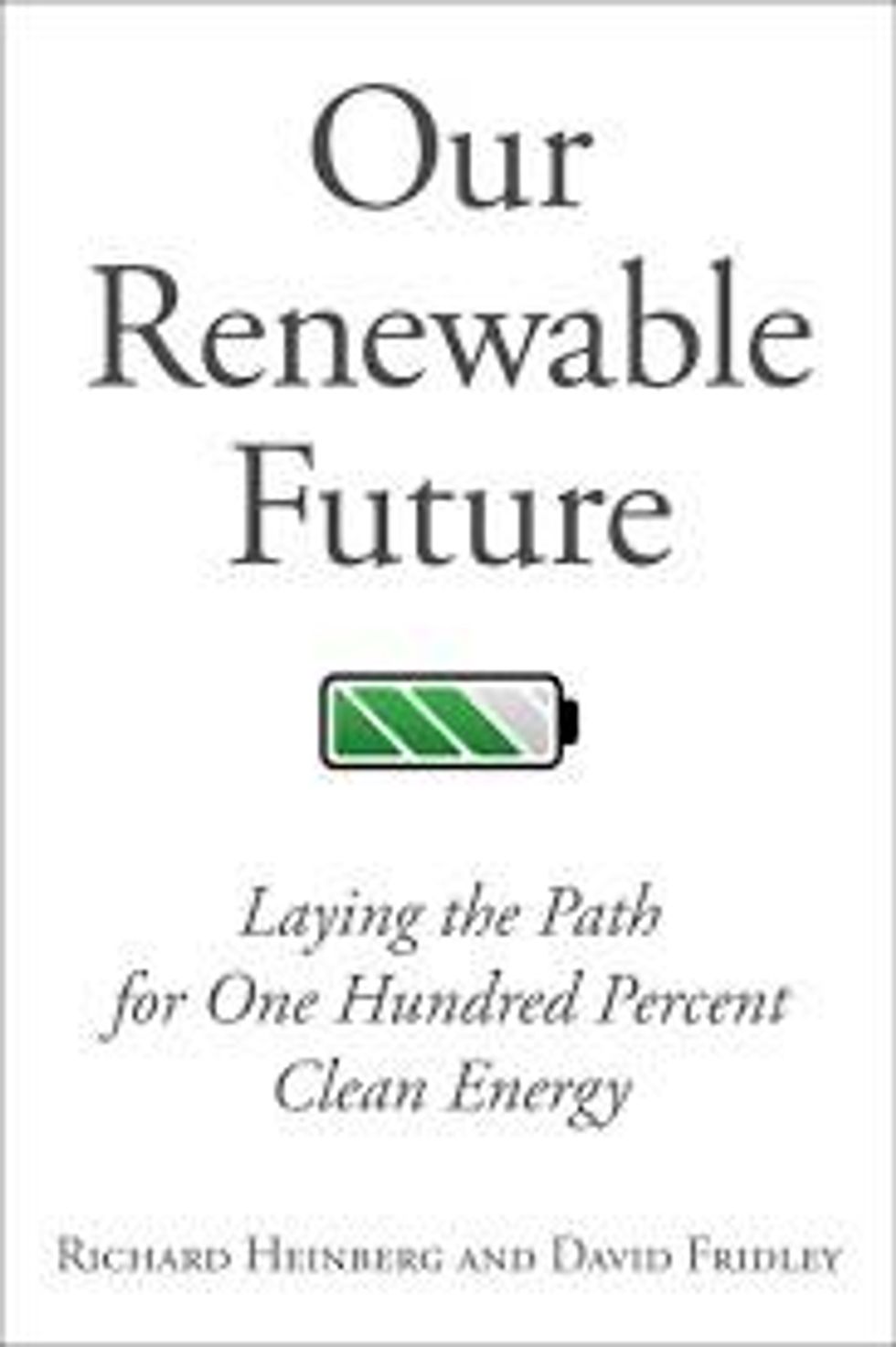Are we greens resigned to repeating a sad litany of the Arctic melting, wildfires raging, weather getting weird, of tipping points, new expressions of denial, and all the rest of it? Or are there any models of enormous beneficial changes at the last minute? I'm thinking of something bigger than the Montreal protocol that succeeded in shrinking the ozone hole and thus gave false hope that authorities would deal with other climate troubles.
Short of U.S. entry into World War Two, which was occasioned by a surprise attack, the closest example that I know was a near-agreement at the Reykjavik summit in early October 1986. I happened to be in Iceland on those days, on my way, as a "citizen diplomat,' to Moscow. The meeting of world leaders ended suddenly, with anger and disappointment evident of the faces of Gorbachev and Reagan.
However, the negative emotions were caused by the last-minute failure of a near-agreement to do something truly historical: to eliminate all nuclear weapons within a decade and thus end the standing threat of "mutual assured destruction."
I found out what had happened only when the National Security Archive released both the Soviet and U.S. "memoranda of conversations" recorded by official note-takers in the conference room. (To a remarkable degree, the two sets of notes agree.)
Apart from note-takers and translators, the two super-power leaders were meeting with no staff other than the Soviet foreign secretary and his counterpart, George P.Shultz, the U.S. secretary of state. When Gorbachev and Reagan agreed to eliminate all nuclear weapons, Shultz, who was nicknamed "the Buddha" for his implacable demeanor, nonetheless blurted out, "let's do it."
Because the nuclear system remains largely out of sight, many people do not realize how dangerous it's been. Well-informed U.S. observers such as a Secretary of State (Shultz), two Secretaries of Defense (Robert S. McNamara, William J. Perry), and a National Security Adviser (McGeorge Bundy), when separately asked why no nuclear war had occurred, gave the same answer using the same word: "Luck."
What is interesting about the Reykjavik Summit is not the failure, but the near-agreement on a step of world-altering scale. The agreement was foiled only by Reagan's insistence that research on his program to achieve a defense against nuclear missiles be permitted not only in the laboratory but also outside. Scientific analysis at the time concluded that such a defensive system would be very hard to develop and easy to fool with, for example, fake warheads.
Why did Reagan otherwise agree to eliminate all nuclear weapons? Did he feel there ought to be a defense? Was he certain that the Soviets would never agree to his condition?
It's often forgotten that the summit came after three amazing events. In 1982 Knopf published Jonathan Schell's book, The Fate of the Earth, a call for nuclear abolition. Also in 1982, building on several years of widespread organizing across in U.S., the nuclear freeze movement, initiated by Randall Forsberg, held a huge rally in Central Park, the largest rally in U.S. history.
In November 1983, NATO ran a war game called "Able Archer." The Soviet leader (Andropov) suspected the exercise was cover for a surprise attack on the USSR and was ready to launch a preemptive attack on the West. All this would have been observed by Gorbachev who was elevated to General-Secretary in March 1985.In Moscow in late 1986 I learned about another nuclear near-accident from a man who'd been at Khrushchev's elbow during the Cuban missile crisis.
I am writing now not primarily about nuclear policy but rather about the equally difficult predicament of global warming. Of course it's easy to find differences between the two. Nuclear war has always been a clear if hidden danger, while global warming seems like a future threat. Also, at the time of the Reykjavik meeting, the nuclear threat could have been settled by two leaders meeting around a small table in Hofdi House. In contrast, global warming is caused by greenhouse gases emitted all over the globe.
However, there are also big similarities. In both cases, a powerful lobby has an economic interest in the status quo. In the case of the nuclear "triad" (bombers, missiles, subs), that lobby was (and is) what Eisenhower called the military-industrial complex. In the case of global warming, it is the fossil fuel industries, here and abroad. Just as our civilization depends on coal, oil, and natural gas, so we relied (and still rely) on the nuclear threat for our security. This retaliation system yields benefits unless it fails. (If it ever fails, we would die.)
After the Orlando mass shooting, my local paper quoted people in the street as calling it "unimaginable." Of course the slaughter wasn't unimaginable; statistically it was almost predictable. But we humans don't have a very good record of envisioning what we don't want to see or what our ideologies can't deal with. In extreme form this reaction becomes denial. Toward this behavior it's tempting to feel superior: our side honors the evidence, we support science. Yes, but what do we do about it?
One of the organizations that has wrestled with this beast for years is the Post-Carbon Institute, started by Richard Heinberg and friends and located north of the San Francisco Bay Area. The Institute's new book, by Heinberg and his colleague David Fridley, is called Our Renewable Future: Laying the Path for One Hundred Percent Clean Energy. The enormous value of this book derives from three qualities: (a) it vividly imagines a positive end-state, skipping over the well-known dangers hat could be avoided by achieving this state, (b) it realistically reduces the challenges to engineering problems, explained in some detail, and (c) it forthrightly calls for sacrifice in our form of life with less per capita energy.
"A point we have raised repeatedly," write Heinberg and Fridley, "is that possibly the most challenging aspect of this transition is its implication for economic growth: whereas the cheap, abundant energy of fossil fuels enabled the development of a consumption-oriented growth economy, renewable energy will likely be unable to sustain such an economy." Renewable sources won't replace all the services provided by fossil fuels. The Post-Carbon book deals with this not by re-imagining nuclear plenty (it calls the industry not so much unsafe and costly as "moribund").
Have we hesitated to deal with the lower energy output of renewables by focusing on the enormous harm that will eventually be caused by greenhouse gas emissions? If so, with what result? People are allowed to feel the crisis caused by global warming is far off, is somebody else's problem. Meanwhile, they worry about heating their homes, getting to work (and to vacations), having a steady supply of electricity, receiving goods from the "globalized" economy, getting food, and all the other tasks now performed with the help of fossil fuels. In any case, they feel powerless, especially in a system in which surveys show that large or very large majorities favor a policy but the government does nothing or not enough (for example, gun control, health care, cost of higher education, gross inequality).
Can we draw a loose analogy between Jonathan Schell's book and thoughtful studies such as Our Renewable Future? Between Randy Forsberg's "nuclear freeze" in the 1980s and the work now of Bill McKibben and many others on global warming? Between the near-agreement at Reykjavik and a future success that would lead to a transition to a renewable energy regime?
As citizen diplomats often said, "if the people, lead, leaders will follow." But it will take a mass arousal such as we've rarely seen, based on a vision of a successful transition.
I'm reminded of a job offer at lunch in 1984 with a wealthy man. He wanted to endow and help run a foundation with a single goal of helping to end the Cold War, and to prepare a book in support of that goal. When I gently observed that the goal was very difficult, he replied, "I know it seems impossible, Craig, but it is necessary."
One of our means then was citizen diplomacy, reducing the isolation between the two super-powers, focusing on shared values, imagining an era of peace. Now perhaps one need is for a citizen's movement based on the idea of a transition to a renewable energy system. That's what Heinberg and Fridley are offering.



